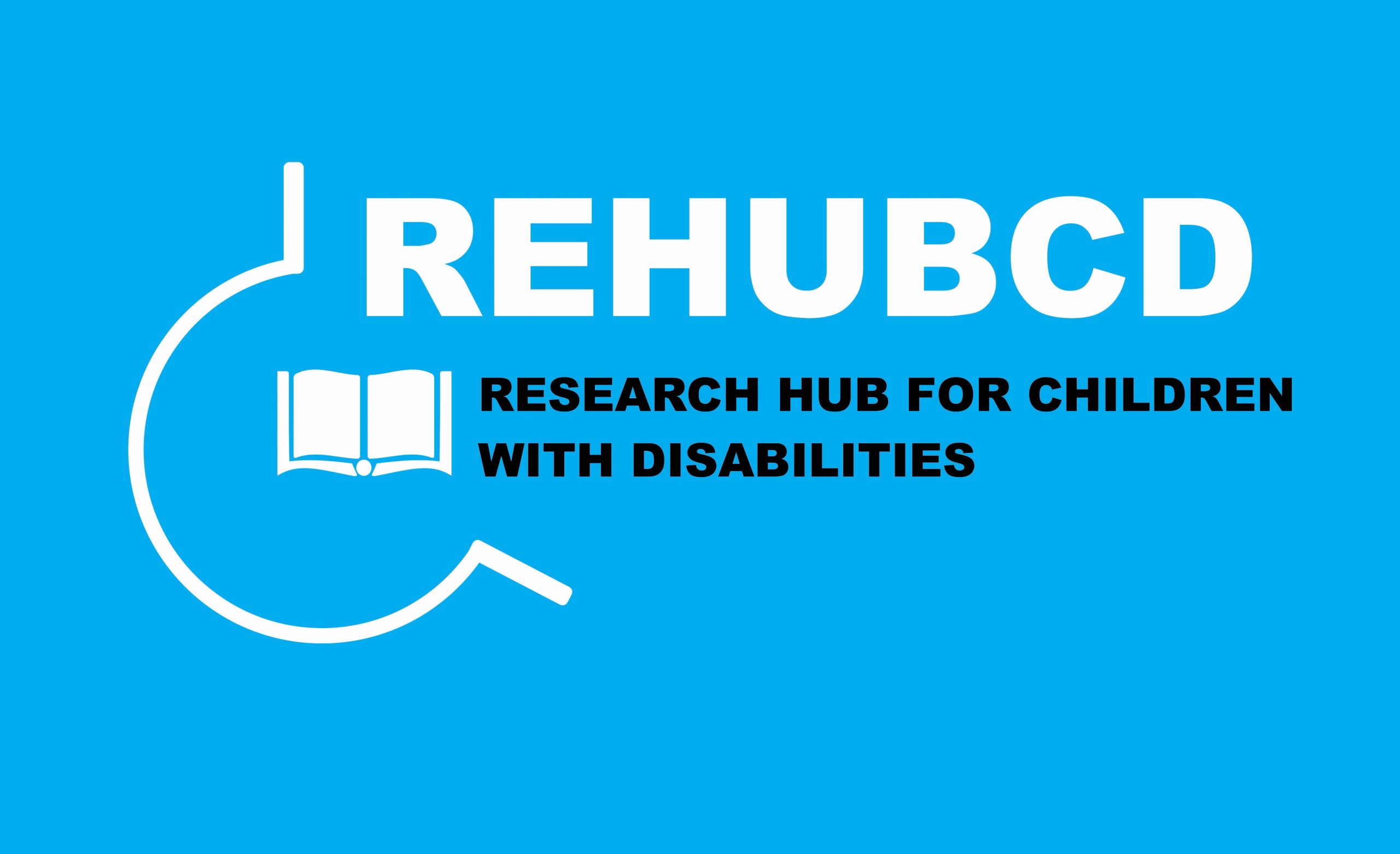What is Disability
(DFID, 2015) acknowledge that there cannot be a one-size fits all definition of disability. In its broader context, disability has been defined using an international Framework which encompasses both its health and social barriers. This is known as the International Classification of Functioning (ICF) developed by the World Health Organization (WHO) its states that;
Disability is an umbrella term for impairments, activity limitations, and participation restrictions. It depicts the negative aspects of the interaction between an individual (with a health condition) and that individual’s contextual factors (environmental and personal factors) (World Health Organization (WHO), 2001).
Disability is more of a limitations to one’s ability to carry out tasks in day to day lives. According to the United Nations (1998) , persons with disabilities include those who have long-term physical, mental, intellectual or sensory impairments which in interaction with various barriers may hinder their full and effective participation in society on an equal basis with others. Convention on the Rights of Persons with Disabilities (CRPD) states that persons with disability are those that;
Persons with disabilities include those who have long-term physical, mental, intellectual or sensory impairments which in interaction with various barriers may hinder their full and effective participation in society on an equal basis with others.
Children with disabilities
Many children are identified as having a disability when they come into contact with education or health-care systems. However, in low-income countries or communities, school and clinic staff may not be able to routinely recognize or register the presence of children with disabilities (CwDs). The resulting paucity of information about children with disabilities in low-income countries has contributed to a misconception that disability does not merit global priority (UNICEF, P. 8, n. d).
Children and adolescents with disabilities belong at the centre of efforts to build inclusive societies not just as beneficiaries, but as agents of change (UNICEF, 2013 P, 80). This is an indicator that disability does not mean inability, these children must be put at the front in fight for their rights in the communities they dwell in. They should not be exposed to discrimination and looked down upon due harmful cultural practices.
